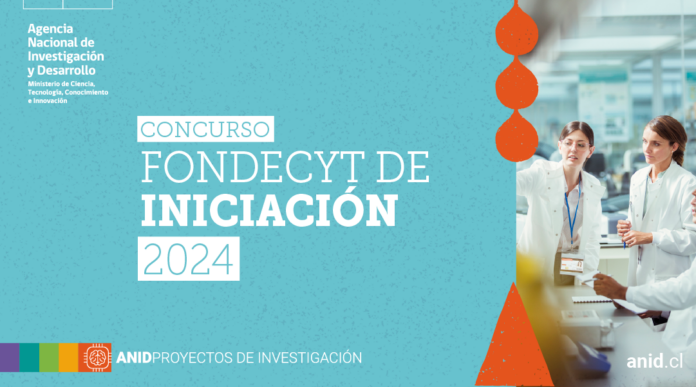The research projects led by Camila Álvarez-Garretón, Estela Blanco, Cecilia Ibarra, Javier Lopatin, and Alejandro Miranda have been granted funding by the Subdirectorate of Research Projects of the National Agency for Research and Development (ANID) of the Ministry of Science, Technology, Knowledge, and Innovation.
By CR2 Communications
Droughts and hydrological memory, the relationship between climate change and preterm births, the implementation of the Climate Change Framework Law, the resilience of Mediterranean ecosystems, and the recovery of sclerophyllous forests are the topics addressed by the research projects of CR2 researchers that were selected in the Fondecyt Initiation competition by ANID.
The aim of this fund is to promote and strengthen scientific and technological development of excellence by financing research projects lasting 2 to 3 years in all areas of knowledge.
The projects awarded to CR2 researchers (in alphabetical order by authorship) are:
“Impacts of hydrological memory and human activities on the propagation and recovery of droughts”
Lead Researcher: Camila Álvarez-Garretón (Water and Extremes research line)
The project addresses the threat of droughts, emphasizing the importance of understanding hydrological memory and human activities in their propagation and recovery. The research focuses on basins affected by the megadrought in central-southern Chile, posing three key questions: 1) How does hydrological memory vary in these basins, and what are its main characteristics? 2) What is the relative impact of precipitation, hydrological memory, and water use on the decrease in flow and groundwater during the megadrought? 3) How long will it take for these basins to recover after the megadrought?
“Climate change and urban health: how air pollution, temperature, and city structure relate to preterm birth”
Lead Researcher: Estela Blanco (Resilient Cities research line)
The project focuses on urban municipalities in Santiago to determine, firstly, whether an increase in exposure to air pollutants is related to the risk of preterm birth, assessing both acute and chronic exposures. Then, it will investigate how exposure to extreme heat relates to the risk of preterm birth. For both climate change exposures (air pollution and extreme heat), the role of the urban environment in their relationship with differences in exposure and differential risk will be evaluated. Finally, the combined effects of exposure to air pollutants and extreme heat on the risk of preterm birth will be determined.
“The role of science in the implementation of the Climate Change Framework Law”
Lead Researcher: Cecilia Ibarra (Land Use Change research line)
The project aims to describe and analyze the process of implementing the Climate Change Framework Law, enacted in June 2022, from the perspective of the participation of scientific knowledge, with attention to the actors involved and their relationships over time. The key questions of this research are: 1) What is the role of climate sciences in the implementation of Chile’s Climate Change Framework Law? 2) How does the relationship between climate sciences and public policy coevolve in this process, and what opportunities and challenges are identified?
“Enhancing the resilience of ecosystems to climate change in a Mediterranean ecosystem in Chile through remote sensing”
Lead Researcher: Javier Lopatin (Land Use Change research line)
The objectives of the project are: 1) To assess the direct and indirect impacts of the diversity of functional plant responses through soil-atmosphere feedback on ecosystem resilience. 2) To improve the diversity of functional plant responses, soil-atmosphere feedback, and ecosystem resilience at the landscape scale through the integration of field and drone data with satellite data. 3) To evaluate the potential impacts of future diversity of functional plant responses and soil-atmosphere feedback on ecosystem resilience for a variety of climate change scenarios. The research will be conducted in the Petorca basin, located in a transition zone between semi-arid and Mediterranean climates, where water scarcity exists due to megadrought and intensive agriculture.
“Understanding the contribution at multiple scales of drivers of resilience/collapse trajectories of the sclerophyllous forest in central Chile”
Lead Researcher: Alejandro Miranda (Land Use Change research line)
The project aims to be the first assessment of the state of the sclerophyllous forest, its trends, and change drivers following the general decline of this ecosystem. Tools for analyzing remote sensing data will be used in combination with field data to understand the forest’s response to drought and the controlling mechanisms of resilience trajectories at different spatial scales. The objectives of the project are: (1) To assess and classify resilience trajectories for the entire geographical distribution of the sclerophyllous forest. (2) To identify and quantify the ecological and environmental factors (and their interactions) determining different resilience trajectories of the sclerophyllous forest. (3) To find the resilience thresholds of the sclerophyllous forest under different environmental conditions and at different spatial scales.





